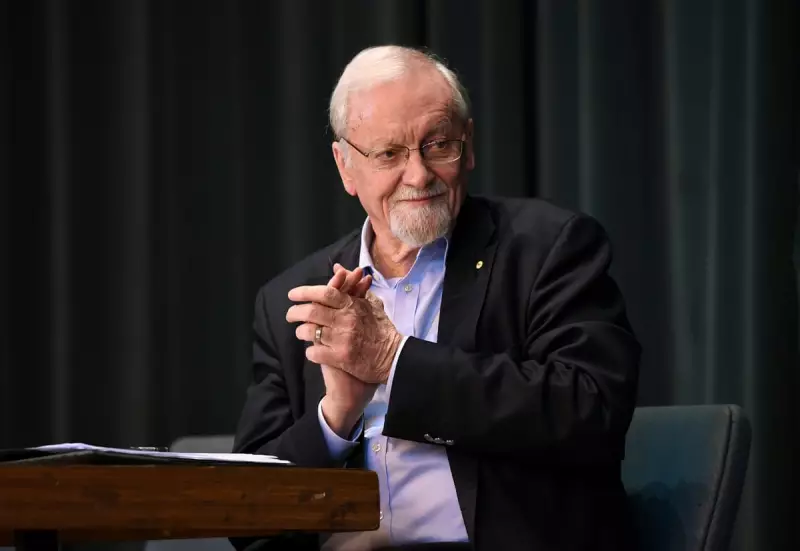
Melbourne University Publishing has sparked fury across Australia's literary community with its shock decision to close the revered Meanjin journal, prompting immediate protests and condemnation from former Foreign Minister Gareth Evans.
The prestigious publication, which has served as a cornerstone of Australian cultural discourse for over eight decades, will cease operations as part of a major restructuring plan. The announcement has been met with widespread dismay from authors, academics, and public figures who view the move as a devastating blow to the nation's intellectual landscape.
Cultural Institution Under Threat
Gareth Evans, who currently chairs the Meanjin Foundation, didn't mince words in his response. "This is cultural vandalism," he declared, emphasising the journal's irreplaceable role in nurturing Australian writing and critical thought since its establishment in 1940.
Protesters gathered outside Melbourne University Publishing's offices, holding signs that read "Save Our Stories" and "Don't Silence Australian Voices." The demonstration highlighted the deep connection many feel toward the publication that has launched countless literary careers and provided a platform for national conversation.
University's Strategic Shift
Melbourne University Publishing's CEO, Peter McPhee, defended the decision as necessary for the organisation's financial sustainability. The restructure will see the publisher focus primarily on academic and scholarly works, moving away from literary magazines.
However, critics argue that the university is abandoning its cultural responsibilities. "This isn't just about balance sheets," one protester noted. "It's about preserving our national identity and ensuring future generations have access to diverse Australian perspectives."
Historical Significance and Future Concerns
Meanjin, named after the Indigenous word for Brisbane, has published some of Australia's most celebrated writers, including Patrick White, Judith Wright, and Christos Tsiolkas. Its potential closure represents more than just the loss of a magazine—it signifies the erosion of cultural infrastructure that supports artistic expression.
The Meanjin Foundation is exploring alternative funding models and potential new homes for the publication, but the uncertainty has left many in the literary community anxious about the future of independent cultural commentary in Australia.
As the debate continues, one thing remains clear: the fight to preserve Australia's literary heritage is far from over, with supporters vowing to continue their campaign to save this beloved institution.





